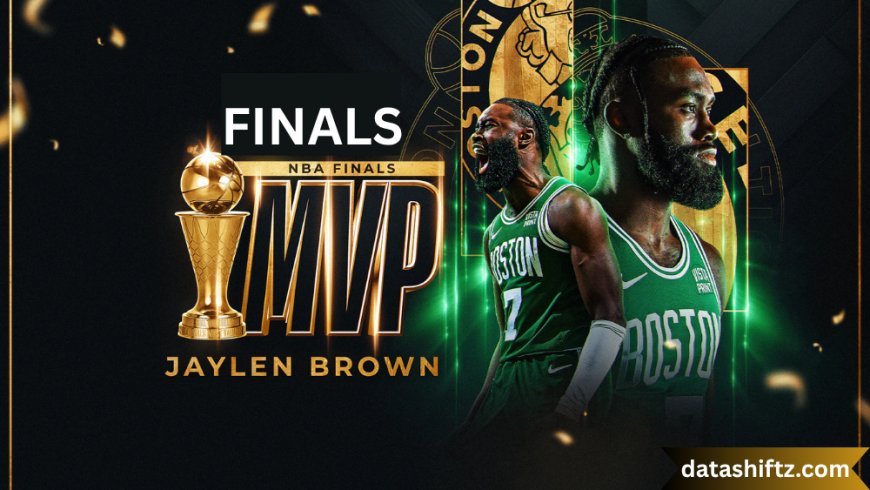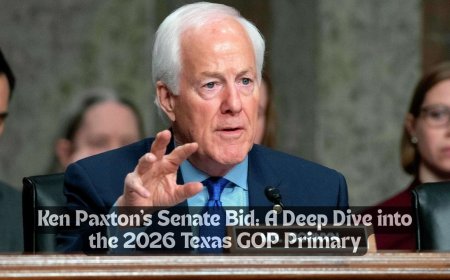Finals MVP: Celebrating the Pinnacle of Basketball Excellence

Introduction
In the NBA, few accolades shine as brightly as the Finals MVP (Most Valuable Player) award. Bestowed upon the standout performer of the NBA Finals, the Finals MVP symbolizes clutch performance, consistency, leadership, and impact when the stakes are highest. While an NBA championship is a team accomplishment, the Finals MVP honors the individual whose efforts most directly led to hoisting the Larry O’Brien Trophy.
This prestigious award has been earned by the game’s greatest legends—from Michael Jordan and Magic Johnson to Stephen Curry and LeBron James. As basketball continues to evolve, so too does the meaning of being named Finals MVP: it’s not just about scoring—it’s about elevating an entire team when it matters most.
In this article, we’ll explore the history, significance, notable winners, and trends that have shaped the legacy of the Finals MVP, while also using tables and lists to deliver a structured and insightful look at the award.
The Origin and Evolution of the Finals MVP
The NBA Finals MVP Award was first introduced in 1969, with Jerry West of the Los Angeles Lakers becoming the inaugural recipient—and still the only player to win it while on the losing team. Initially called the NBA Finals Most Valuable Player Award, it was renamed in 2009 to honor Bill Russell, the legendary 11-time NBA champion.
Key Characteristics of the Award
-
Voted on by a panel of media members at the conclusion of the Finals.
-
Awarded based on overall impact during the Finals series, not regular season performance.
-
Winners are typically from the championship team, emphasizing winning impact.
Legendary Performances That Defined the Finals MVP
Over the decades, some players have delivered performances that have come to define not just the Finals, but basketball history.
Most Finals MVP Awards by Player
| Player | Team(s) | Finals MVPs | Years Won |
|---|---|---|---|
| Michael Jordan | Chicago Bulls | 6 | 1991–1993, 1996–1998 |
| LeBron James | Heat, Cavaliers, Lakers | 4 | 2012, 2013, 2016, 2020 |
| Magic Johnson | Los Angeles Lakers | 3 | 1980, 1982, 1987 |
| Shaquille O’Neal | Los Angeles Lakers | 3 | 2000–2002 |
| Tim Duncan | San Antonio Spurs | 3 | 1999, 2003, 2005 |
| Kobe Bryant | Los Angeles Lakers | 2 | 2009, 2010 |
| Stephen Curry | Golden State Warriors | 1 | 2022 |
Criteria for Winning Finals MVP
What Makes a Finals MVP?
Unlike the regular-season MVP, the Finals MVP is often about peak performance in a condensed, high-stakes setting. Here's what voters typically look for:
-
Clutch Performance: Delivering when the game is on the line.
-
Consistency: Sustained excellence over 4 to 7 games.
-
Team Leadership: Guiding teammates and leading by example.
-
Statistical Dominance: High-impact numbers in scoring, assists, rebounds, and defense.
-
Narrative Impact: Overcoming adversity or redefining team success.
Top 5 Finals MVP Performances of All Time
-
Michael Jordan (1993 Finals vs. Suns)
Averaged 41.0 PPG—the highest in Finals history. -
LeBron James (2016 Finals vs. Warriors)
Led in all five major categories (points, rebounds, assists, steals, blocks) in a comeback from 3–1. -
Shaquille O’Neal (2000 Finals vs. Pacers)
Averaged 38.0 PPG and 16.7 RPG; completely unstoppable in the paint. -
Magic Johnson (1980 Finals vs. Sixers)
As a rookie, started at center in Game 6 and scored 42 points. -
Kawhi Leonard (2019 Finals vs. Warriors)
Dominated both ends of the court to lead the Raptors to their first title.
2025 Finals MVP – Shai Gilgeous-Alexander's Breakthrough
In the 2025 NBA Finals, the Oklahoma City Thunder won their first-ever championship, defeating the Indiana Pacers in seven games. The standout performer? Shai Gilgeous-Alexander (SGA), who was named the Finals MVP.
Highlights of SGA’s Performance:
-
Game 7 Stats: 29 points, 12 assists, 8 rebounds
-
Series Average: ~27.3 PPG, 7.1 APG, 6.2 RPG
-
Played with poise and efficiency in clutch situations
-
Orchestrated the offense and mentored young teammates like Jalen Williams and Chet Holmgren
SGA’s Finals MVP is being celebrated as the arrival of a new superstar era in the NBA.
SGA's Game-by-Game Stats – 2025 Finals
| Game | Points | Assists | Rebounds | Steals |
|---|---|---|---|---|
| Game 1 | 24 | 6 | 5 | 2 |
| Game 2 | 31 | 8 | 4 | 1 |
| Game 3 | 21 | 6 | 6 | 1 |
| Game 4 | 27 | 7 | 5 | 3 |
| Game 5 | 25 | 5 | 7 | 1 |
| Game 6 | 26 | 7 | 6 | 2 |
| Game 7 | 29 | 12 | 8 | 2 |
Finals MVP and Legacy
Winning a Finals MVP cements a player’s legacy in basketball history. It’s often the deciding factor in Hall of Fame discussions and GOAT debates. Many players, despite regular-season dominance, are remembered more fondly for their Finals performances.
Impact on Legacy
-
Steph Curry’s 2022 MVP helped silence critics who doubted his Finals impact.
-
Dirk Nowitzki’s 2011 MVP transformed him from perennial All-Star to legend.
-
Kawhi Leonard’s dual Finals MVPs (2014 with Spurs, 2019 with Raptors) elevated his career to elite status.
Unique Finals MVP Facts
-
Only losing team MVP: Jerry West in 1969.
-
Youngest MVP: Magic Johnson (age 20 in 1980).
-
Only two players with MVPs on multiple teams: LeBron James (Heat, Cavs, Lakers) and Kawhi Leonard (Spurs, Raptors).
-
Most MVPs: Michael Jordan (6).
-
Only player to win without scoring title: Andre Iguodala (2015) – recognized for defense on LeBron.
Conclusion
The Finals MVP is more than just a trophy—it’s a career-defining honor that separates the good from the great. It recognizes players who rise to the occasion, who thrive under pressure, and who leave everything on the court when championships are on the line.
From the greatness of Jordan to the emerging legacy of Shai Gilgeous-Alexander, the Finals MVP tells a story of talent, leadership, and unshakable will. As basketball evolves and new stars emerge, one truth remains: to be Finals MVP is to be immortalized in basketball history.




























